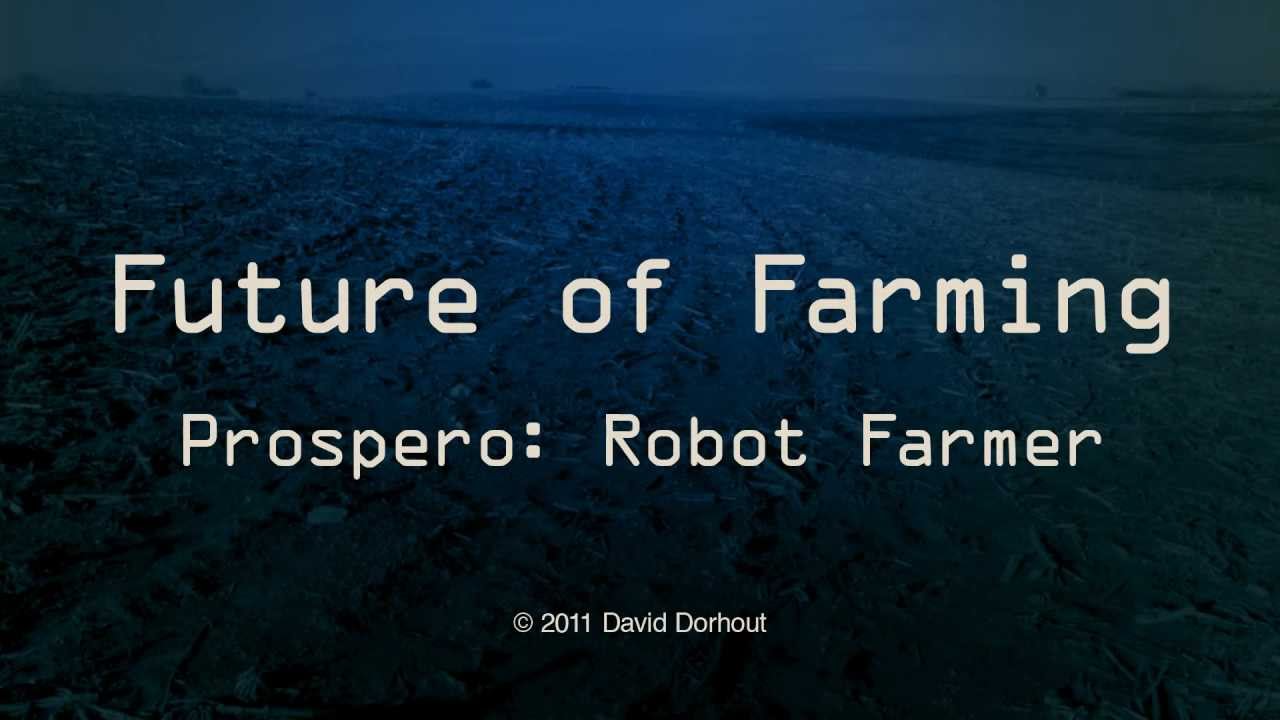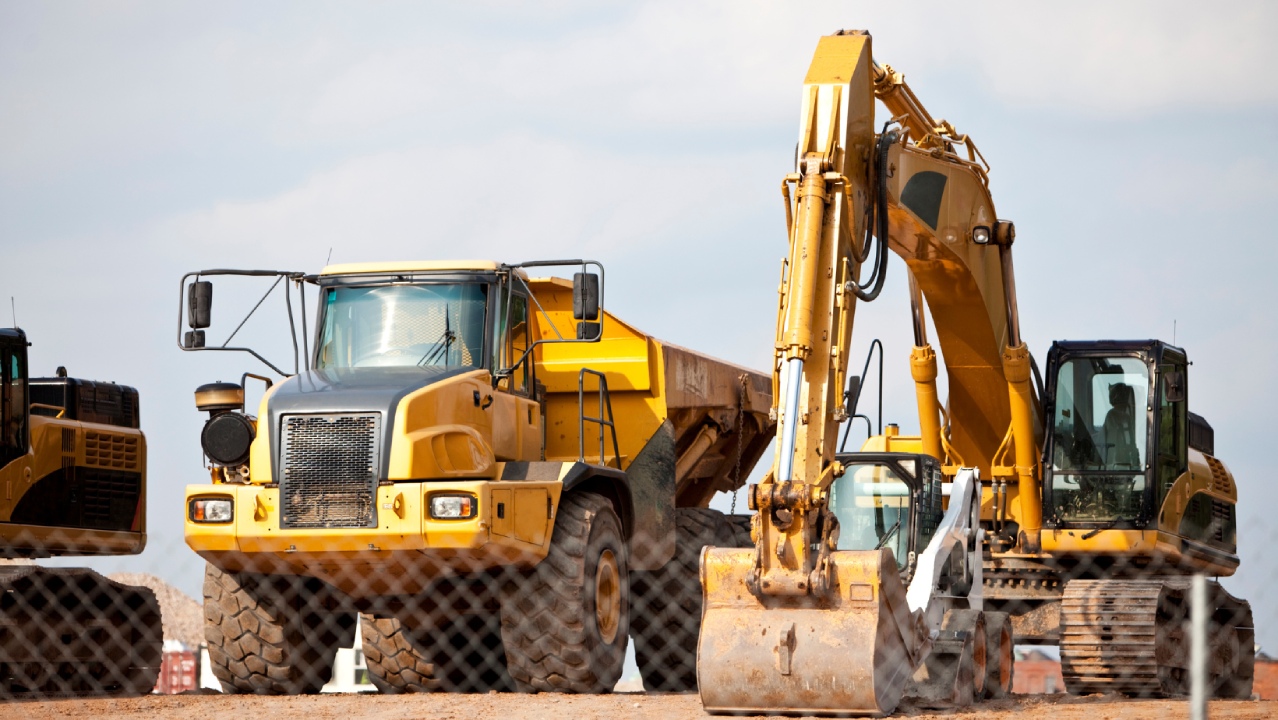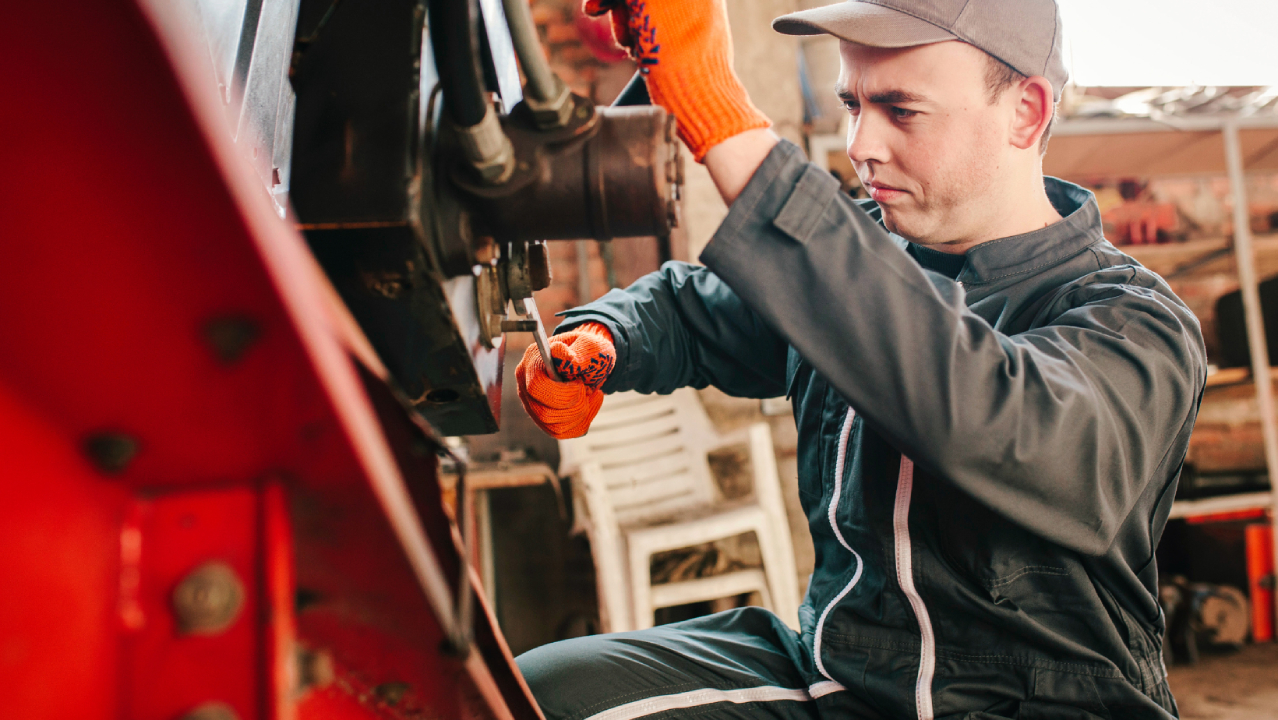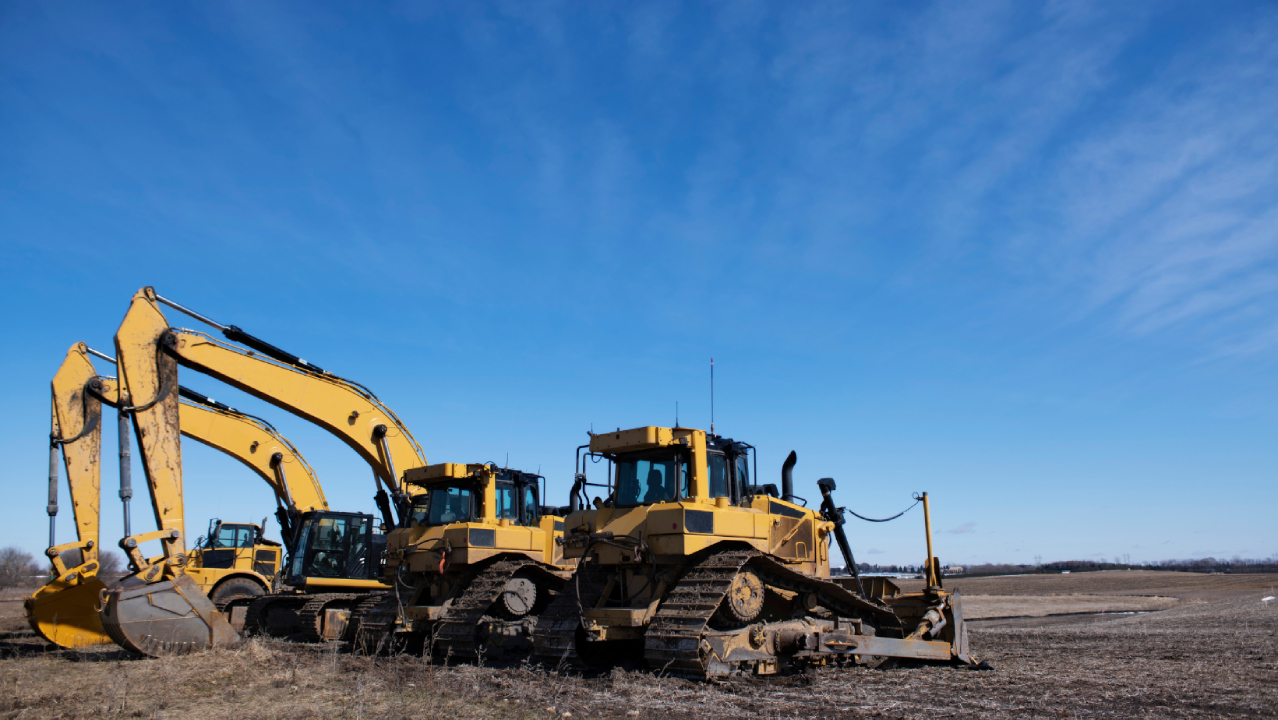*note added at bottom on 2-24-2012 ———- This is a short video that lays out the new concept of swarm farming and demonstrates the first phase with Prospero, the robot farmer. For more information about Prospero and swarm robotics in farming visit www.DorhoutRD.com or see the featured article about Prospero in the 2012 January/February issue of ROBOT Magazine. Script: Food Man’s most basic need Throughout the ages men have strived to produce more and better food for growing populations. More land Better tools Improved techniques And technological advances However, all this progress has had one common element that has not changed. Man Man has always been at the center of food production and has now become the limiting factor. For 10,000 years, the primary focus of technological advancement has always been increasing the productivity and safety of the operator. But these incremental improvements will soon be outpaced by the exponential population increase that we are experiencing. Sometime in the near future, the population will exceed our ability to provide food for all of earth’s inhabitants. (A Transition: A new vision for farming) What we need is a paradigm shift on a scale of the transition from hunting and gathering to an agrarian society. A complete reboot that will change our conception of what agriculture is. (The New Solution:) This new system will be developed in four phases: Phase One: Planter Phase Two: Tender Phase Three: Harvester Phase Four: Integration of the planting, tending and harvesting into one autonomous intelligent robot that can operate all season long, performing any task as necessary. Prospero is a working prototype of Phase One: a swarm of autonomous micro planters. Operating as one organism to plant a field, they determine where and how to plant each seed to maximize the productivity of each acre, farming inch by inch. First, they check the ground below to see if a seed has already been planted and whether proper seed spacing has been achieved. If not, they will plant a seed at the optimal depth. Then they mark the seed’s location and apply any necessary fertilizers, herbicides or insecticides. It communicates wirelessly with the rest of the swarm to optimize the swarm’s planting efficiency, letting nearby robots know if it needs help planting in that area. Prospero does this now. —————————————————————————————- note added 2-22-2012 I’ve had a few people ask if Prospero will cause farmers to lose their jobs or if swarm farming will remove humans from farming: The short answer is no, I don’t think that farmers would their jobs any more than if a tractor manufacturer built a bigger tractor or larger planter. Swarm farming does two things: 1) It frees the farmer from having to sit in the middle of their machine and constantly control it all day. Computers, GPS, and micro controllers are now capable of driving machinery and planting without the farmer. Everyone who is building farming equipment is working on this. The great benefit to freeing the farmer from having to drive their equipment around themselves is that it gives the farmer the time to do what they excel at: farming in the broadest sense (experimenting, selecting seed varieties, soil testing, crop scouting, financial planning, etc.). 2) Swarm farming liberates the farmer from the constraints that modern agricultural equipment places on them such as: mono crop fields, planting in rows, wasted ground planting or harvesting entire fields on the same day, soil compaction, difficulty in replanting, the near to complete impossibility of true intercropping (think dry beans using corn as their matrix) etc. I’m excited to think about what advances farmers will invent once they have a tool that they can teach to plant, tend, and harvest their fields on an inch by inch or plant by plant basis. Lastly, swarm farming is completely scalable. Have a 1 acre garden? Buy 1. Have a 2,000 acre family farm (typical in Iowa) buy 2,000. Sure, the family farmer would get a bulk discount, but that’s the way things are with everything and there’s no reason a bunch of gardeners couldn’t do a bulk order, just like I’m sure they do in their co-ops for fertilizer and seed.







